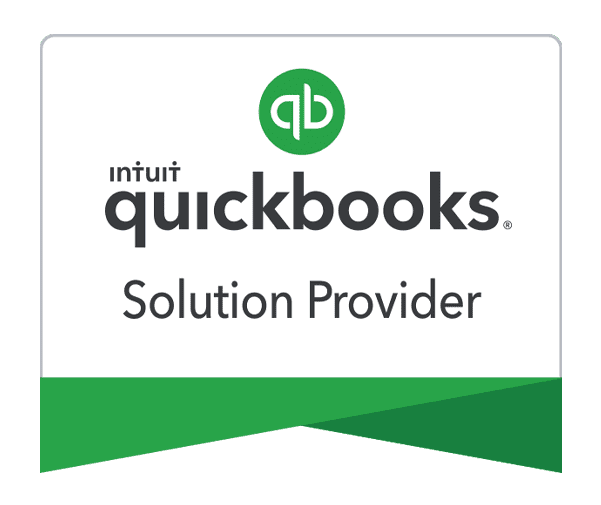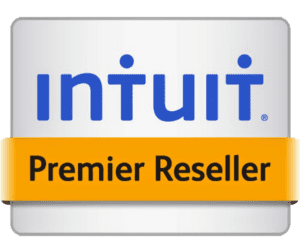Unlocking Cash Flow: How Integrating a Solid Payment Gateway with QuickBooks Boosts Financial Efficiency

Paygration, Inc.
For businesses to thrive, it’s crucial to have a steady stream of cash coming in. However, managing payments and receivables can often be a cumbersome and time-consuming process, leading to delays and bottlenecks that hinder cash flow. This is where integrating a solid payment gateway with QuickBooks comes into play, offering businesses a powerful solution to streamline payment processing, reduce delays, and accelerate receivables.
In this article, we’ll explore how integrating a third-party payment gateway with QuickBooks can help businesses unlock their cash flow potential, overcome limitations of built-in solutions like QuickBooks Payments, and reap the benefits of improved financial efficiency.
The Importance of Cash Flow Management
Cash flow is the lifeblood of any business. It’s the fuel that keeps operations running smoothly, enables growth opportunities, and ensures financial stability. However, managing cash flow effectively requires careful attention to both incoming and outgoing payments. Delays in receiving payments from customers or inefficiencies in payment processing can disrupt cash flow and hamper business operations. This is where integrating a solid payment gateway with QuickBooks can make a significant difference.
Streamlining Payment Processing with Third-Party Solutions
While QuickBooks offers built-in payment processing solutions like QuickBooks Payments, these solutions may have limitations in terms of functionality, flexibility, and cost-effectiveness. By integrating a third-party payment gateway with QuickBooks, businesses can unlock a wide range of benefits that go beyond the capabilities of built-in solutions.
Reducing Delays in Payment Processing
Third-party payment gateways often offer faster transaction processing times compared to built-in solutions. By leveraging advanced technology and optimized payment processing workflows, businesses can reduce delays in receiving payments from customers, leading to improved cash flow.
Enhancing Payment Flexibility
Built-in payment solutions like QuickBooks Payments may have limitations in terms of payment methods and currencies supported. Integrating a third-party payment gateway can provide businesses with greater flexibility in accepting a wide range of payment methods, including credit cards, ACH payments, e-wallets, and more. This enhances the customer experience and increases the likelihood of prompt payments.
Automating Payment Reconciliation
Manual reconciliation of payments can be a time-consuming and error-prone process. Third-party payment gateways often offer seamless integration with QuickBooks, allowing for automated payment reconciliation. This reduces administrative overhead, eliminates manual errors, and ensures accurate financial records, leading to improved cash flow visibility and management.
Improving Security and Compliance
Third-party payment gateways prioritize security and compliance with industry standards such as PCI DSS (Payment Card Industry Data Security Standard). By integrating a trusted payment gateway with QuickBooks, businesses can ensure the security of sensitive payment information, mitigate the risk of fraud, and maintain compliance with regulatory requirements, instilling trust and confidence among customers.
Optimizing Cash Flow Forecasting
Accurate cash flow forecasting is essential for effective financial planning and decision-making. Integrating a third-party payment gateway with QuickBooks provides businesses with real-time visibility into payment transactions, receivables, and cash flow trends. This enables more accurate forecasting, proactive cash flow management, and strategic resource allocation, leading to improved financial stability and growth opportunities.
Overcoming Limitations of Native QuickBooks Online Payments
While the native QuickBooks Payments offer convenience and ease of use, it may not always meet the evolving needs of businesses in terms of functionality, cost, and support. Integrating a third-party payment gateway from a trusted expert like Paygration can help businesses overcome these limitations and unlock additional value.
Explore the differences between QuickBooks Payments vs Paygration QuickBooks integration.
Expanded Payment Options
Third-party payment gateways often offer a broader range of payment options, including international payment methods, recurring billing, and subscription management features, catering to diverse business needs and customer preferences.
Potentially Reduced Processing Fees
While QuickBooks Payments may come with fixed processing fees, third-party payment gateways may offer competitive pricing models, volume discounts, and negotiated rates based on business volume and transaction volume, potentially resulting in cost savings over time.
Ongoing Support and Expertise
Integrating a third-party payment gateway from a trusted expert provides businesses with access to ongoing support, technical expertise, and personalized guidance. This ensures smooth implementation, reliable performance, and timely resolution of any issues or challenges that may arise, minimizing disruptions to business operations and optimizing the value of the integration.
LEARN MORE ABOUT PAYGRATION PAYMENT INTEGRATION.
Conclusion: Unlocking Cash Flow Potential with Third-Party Integration
Integrating a solid payment gateway with QuickBooks offers businesses a powerful solution to streamline payment processing, reduce delays, and accelerate receivables, ultimately improving cash flow and financial efficiency. While built-in solutions like QuickBooks Payments offer convenience, integrating a third-party payment gateway from a trusted expert provides businesses with greater flexibility, functionality, and cost-effectiveness, enabling them to overcome limitations and unlock additional value. By leveraging advanced technology, automation, and expertise, businesses can optimize cash flow management, enhance customer experience, and achieve greater financial stability and growth.
















